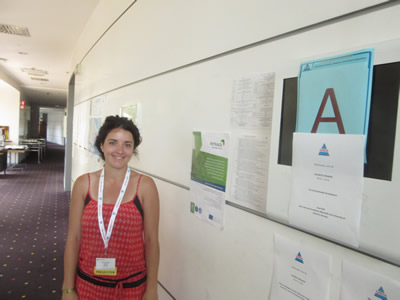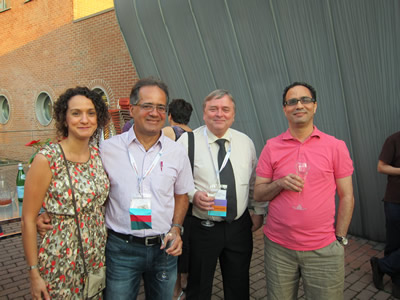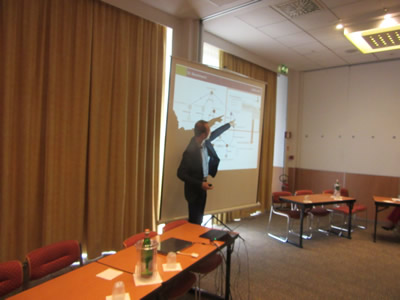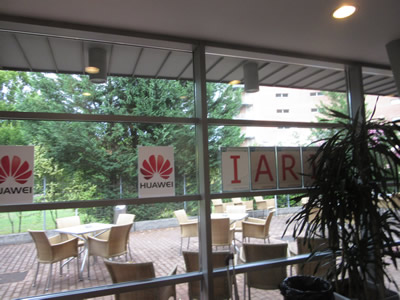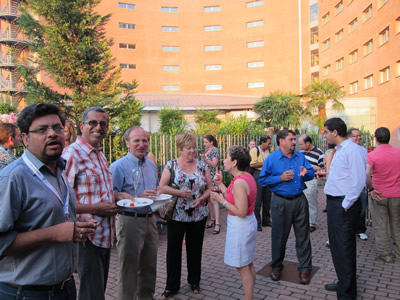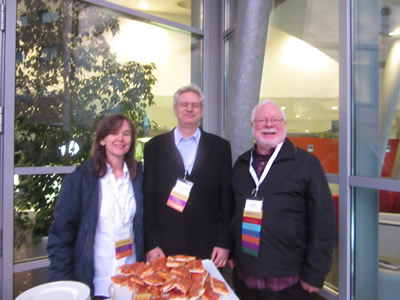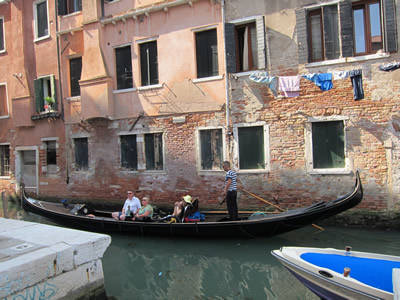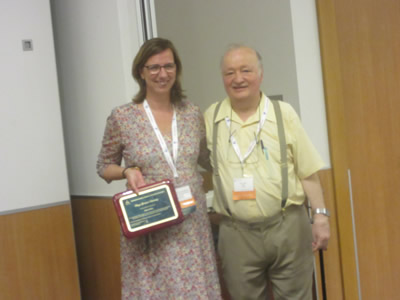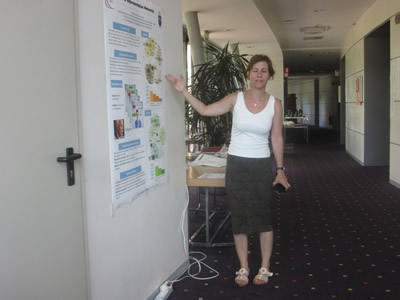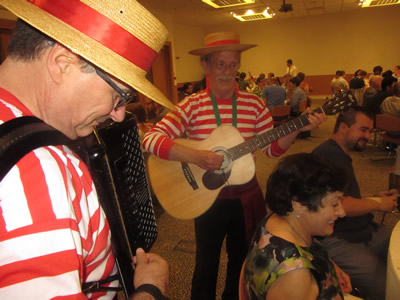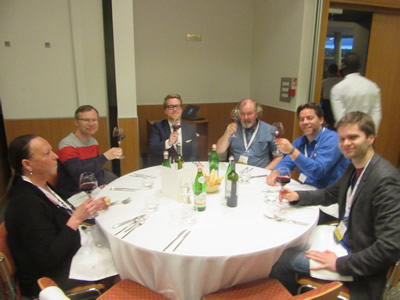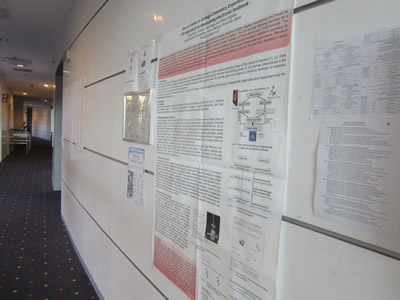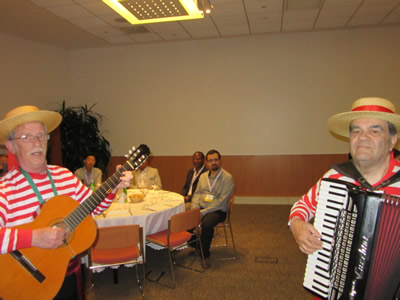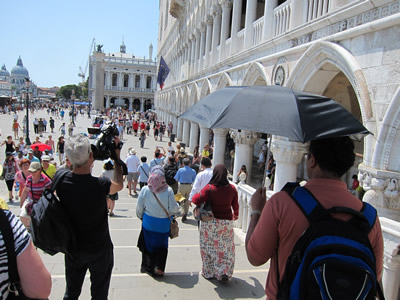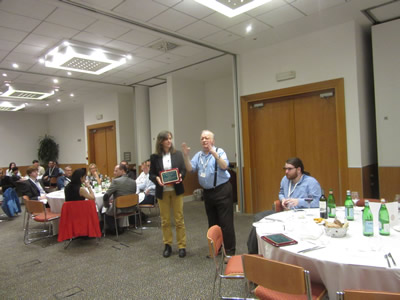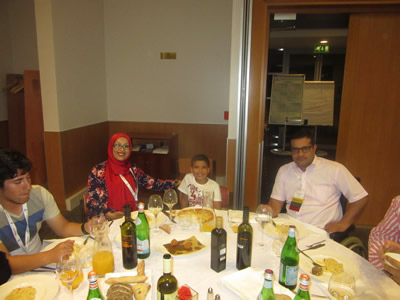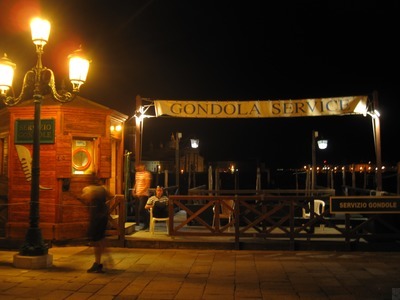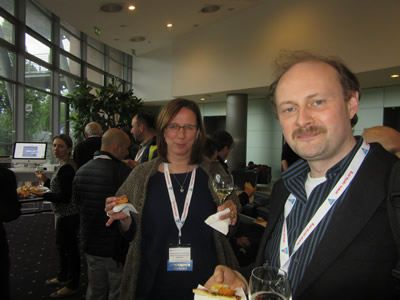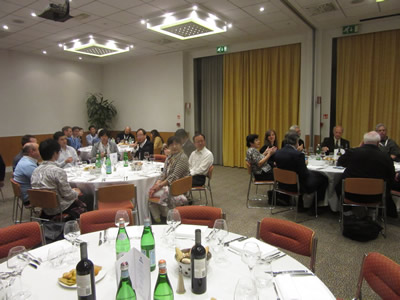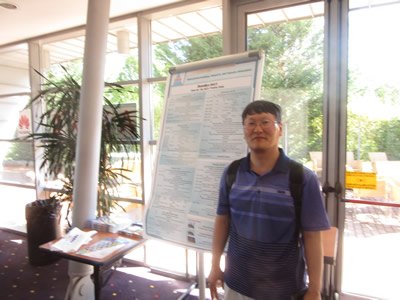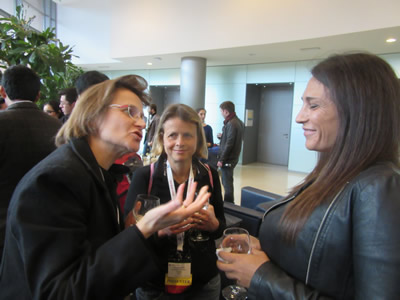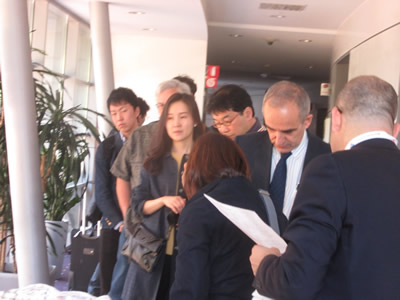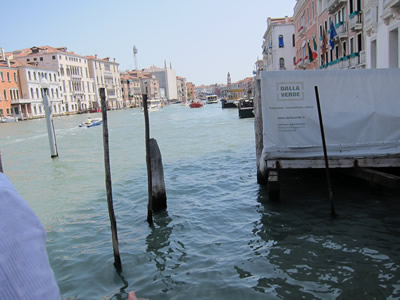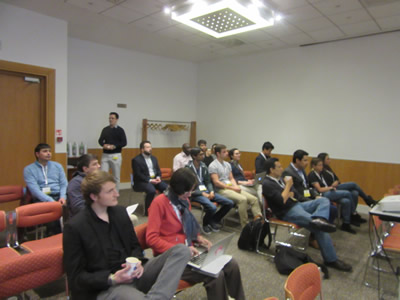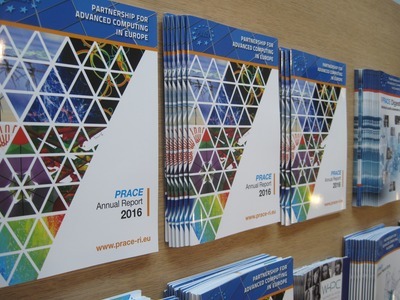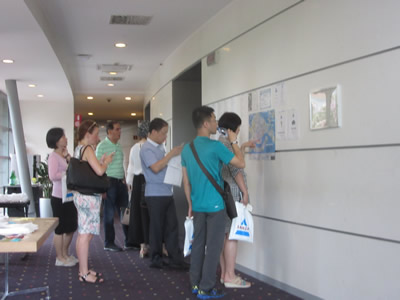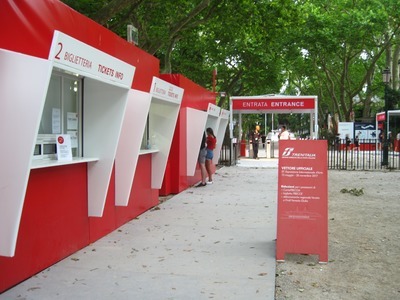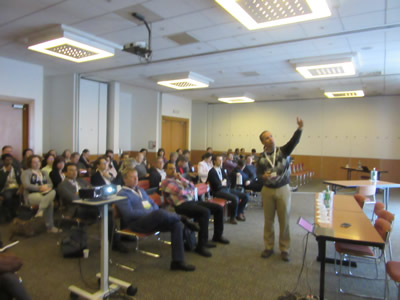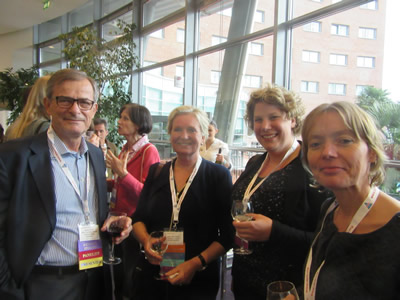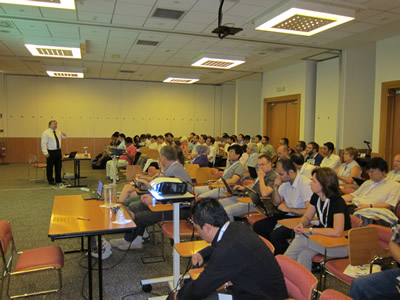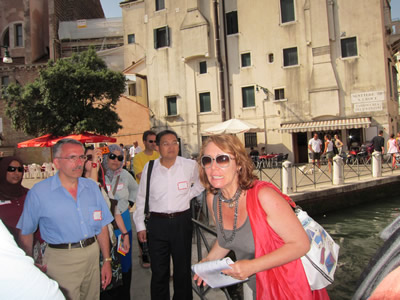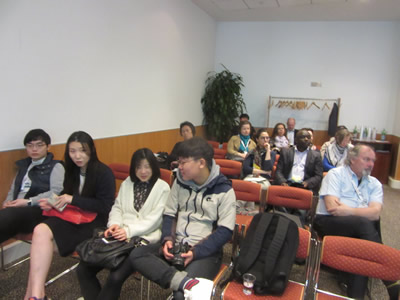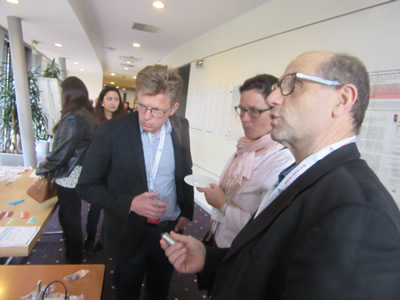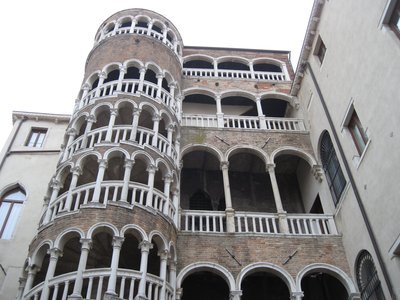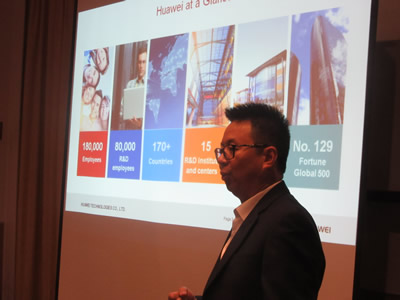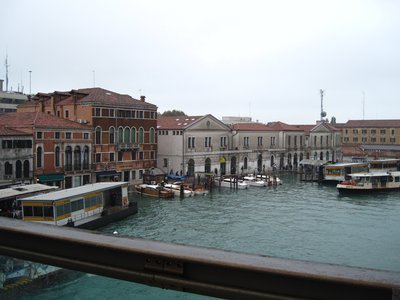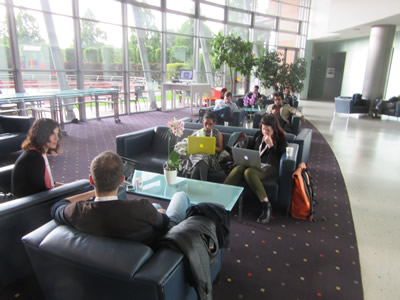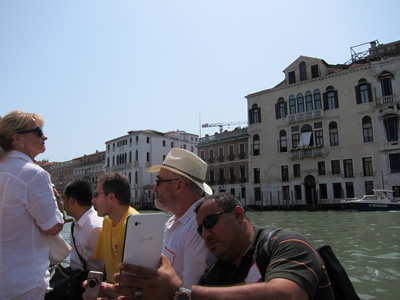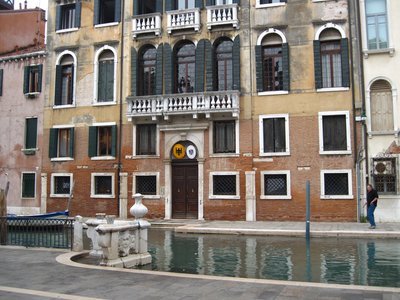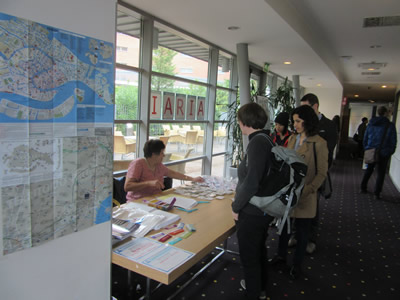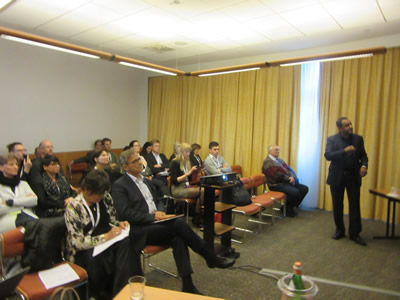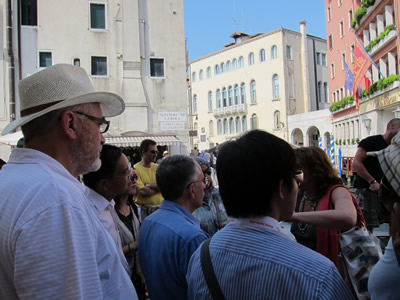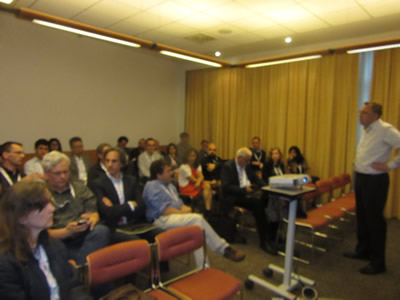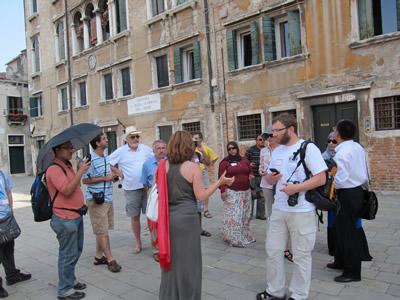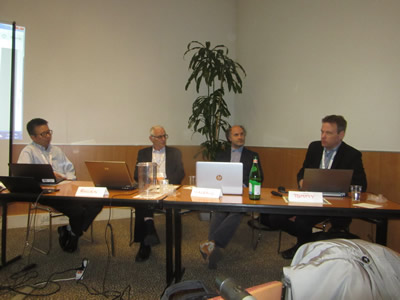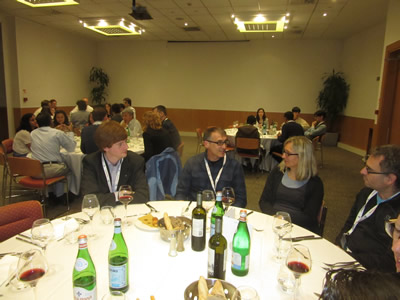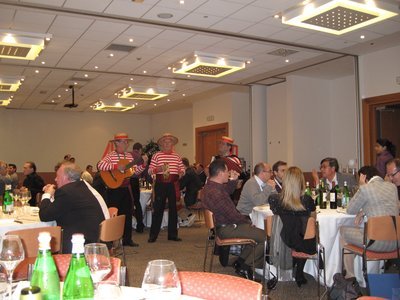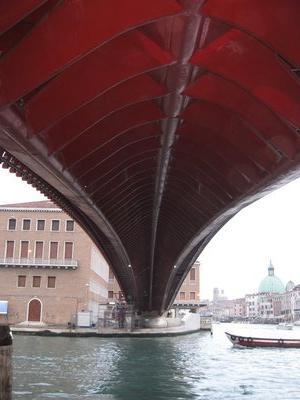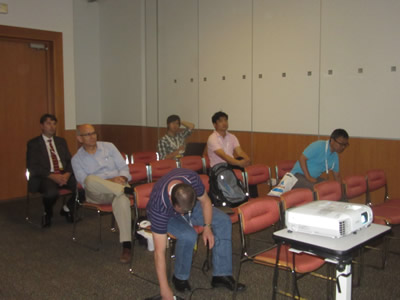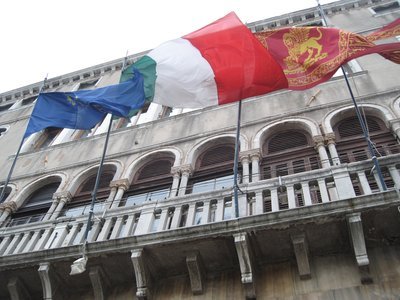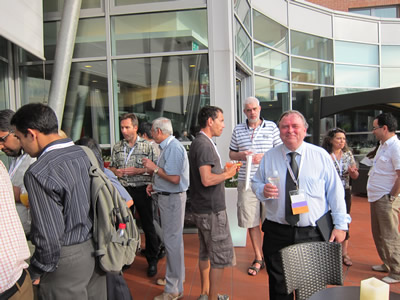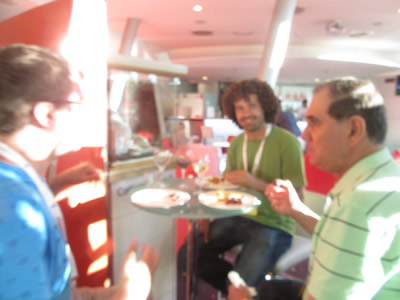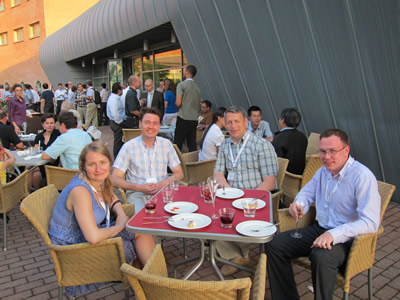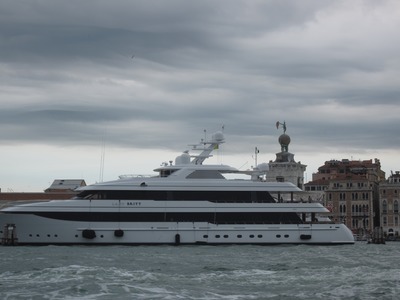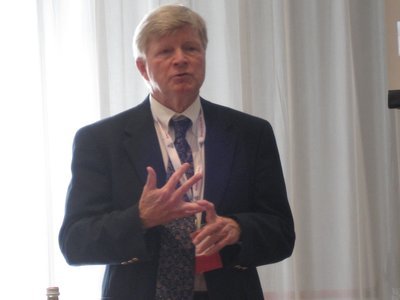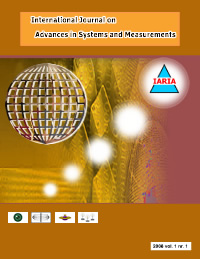CENICS 2018 - The Eleventh International Conference on Advances in Circuits, Electronics and Micro-electronics
September 16, 2018 - September 20, 2018
CENICS 2018: Call for Papers
Innovations in special circuits, electronics and micro-electronics are the key support for a large spectrum of applications. The conference is focusing on several complementary aspects and targets the advances in each on it: signal processing and electronics for high speed processing, micro- and nano-electronics, special electronics for implantable and wearable devices, sensor related electronics focusing on low energy consumption, and special applications domains of telemedicine and ehealth, bio-systems, navigation systems, automotive systems, home-oriented electronics, bio-systems, etc. These applications led to special design and implementation techniques, reconfigurable and self-reconfigurable devices, and require particular methodologies to be integrated on already existing Internet-based communications and applications. Special care is required for particular devices intended to work directly with human body (implantable, wearable, ehealth), or in a human-close environment (telemedicine, house-oriented, navigation, automotive). The mini-size required by such devices confronted the scientists with special signal processing requirements.
CENICS 2018 continues a series of events initiated in 2008, capturing the advances on special circuits, electronics, and micro-electronics on both theory and practice, from fabrication to applications using these special circuits and systems. The topics cover fundamentals of design and implementation, techniques for deployment in various applications, and advances in signal processing.
We solicit both academic, research, and industrial contributions. We welcome technical papers presenting research and practical results, position papers addressing the pros and cons of specific proposals, such as those being discussed in the standard fora or in industry consortia, survey papers addressing the key problems and solutions on any of the above topics short papers on work in progress, and panel proposals.
Industrial presentations are not subject to the format and content constraints of regular submissions. We expect short and long presentations that express industrial position and status.
Tutorials on specific related topics and panels on challenging areas are encouraged.
The topics suggested by the conference can be discussed in term of concepts, state of the art, research, standards, implementations, running experiments, applications, and industrial case studies. Authors are invited to submit complete unpublished papers, which are not under review in any other conference or journal in the following, but not limited to, topic areas.
All topics and submission formats are open to both research and industry contributions.
CENICS 2018 conference tracks:
Trends on hot research/industrial areas
Low-energy devices; Energy-efficient systems; Smart grids; Power line communication systems; Eco-batteries; Batteries and hybrid voltage suppliers; Picowatt-aware voltage devices; Self-sustaining wireless power transfer systems; High-efficiency power amplifiers; Voltage scaling applications; Internet of Things (IoT) devices; Smart building systems; Low-latency arbiters; Feedback topologies; Atmospheric turbulence-agnostic systems; Ultra-wide-band analog-to-digital converters; Audio or image signal reconstruction; Very high frequency front-end components; 5G small-cell structured mobile networks; Heterogeneous optical networks; 5G wireless and mm-Wave systems; Cognitive radars; Signal processing for crowd dynamics; Small-scale prosumers; Deep learning in compressed sensing; Biometric authentifiers; Quantum cellular automata; Cognitive communication
Semiconductors and applications
Special semiconductors; Tunable bandgap semiconductors; Piezoelectricity; Polarization; Breakdown voltage; Superconductivity; Ferromagnetism; Biocompatibility; Chemical and thermal stability; Power amplification at very high frequencies; High temperature electronics; LEDs and lasers; Photodetectors; Transistors; Piezoelectric filters
Design, models and languages
Languages and models for specification and design of hardware; Robust, reliable and/or safe embedded electronics; Circuits/hardware description languages; Standards related to design languages; Processor and memory design; Embedded system design; VHDL-related standards; Electronic circuits modelling; Automatic generation of models; Quantitative analysis of models; Distributed CAD systems; Collaborative design based on Internet and WWW; Electronic systems design based on WWW; System- and high-level synthesis, HW/SW codesign
Signal processing circuits
Signal processing; High-speed signal processing; Multi-scale signal processing and imaging; Asynchronous circuits and systems; High frequency processing; Power and signal amplifiers; Parallel processing circuits; Equalization processing; Compression, transcoding, and applied signal processing
Arithmetic computational circuits
Operational arithmetic circuits; Basic arithmetic operations; Modular operations; Decimal-floating point operations; Multiple-precision operations; Squaring and exponentiation; Polynomial evaluations; Periodic functions; Operational approximations; Parallel decimal operations
Microelectronics
Components and circuits for communications; HMIC and MMIC design; Micro-electronics; Nano-electronics; Lasers and mini-lasers; Miniature devices; Low power electronics; Nano-scale electronics materials
Electronics technologies
Organic optoelectronic; Implantable electronics; Wearable electronics; Low power electronics; Electronic microarray technology and applications; RF and Microwave
Special circuits
Programmable circuits; Design of reconfigurable micro-chips; VLSI circuits design; Low-noise circuits; Digital modulators; Micro-sensors; Micro-antennas; Thermal circuits; Reconfigurable circuits; Dynamically reconfigurable processors; Oscillators; VCOs and phased-array transmitters
Consumer electronics
Home-oriented electronics; Biometric circuits; Home gateway; Home theater circuitry; Game systems; Interactive and directed programming electronics; Advanced DVD and CD; Interactive and directed programming electronics
Application-oriented electronics
Medical Applications including telemedicine and eHealth electronics; Biochip design for health science applications; Bio-systems and miniature instruments; Biosensors and biosensor networks; Power and energy distribution electronics; Electronics for building automation; Energy saving and conversion circuits; Industrial measurement and control electronics; Electronics for Avionics, Automotive, Railways and Industrial Applications; Navigation electronics
Deadlines:
Submission | Jun 03, 2018 |
Notification | Jul 03, 2018 |
Registration | Jul 16, 2018 |
Camera ready | Jul 22, 2018 |
Deadlines differ for special tracks. Please consult the conference home page for special tracks Call for Papers (if any).
INSTRUCTION FOR THE AUTHORS
Authors of selected papers will be invited to submit extended versions to one of the IARIA Journals.
Publisher: XPS (Xpert Publishing Services)
Archived: ThinkMindTM Digital Library (free access)
Prints available at Curran Associates, Inc.
How to submit to appropriate indexes.
Only .pdf or .doc files will be accepted for paper submission. All received submissions will be acknowledged via an automated system.
Contribution types
- regular papers [in the proceedings, digital library]
- short papers (work in progress) [in the proceedings, digital library]
- ideas: two pages [in the proceedings, digital library]
- extended abstracts: two pages [in the proceedings, digital library]
- posters: two pages [in the proceedings, digital library]
- posters: slide only [slide-deck posted on www.iaria.org]
- presentations: slide only [slide-deck posted on www.iaria.org]
- demos: two pages [posted on www.iaria.org]
FORMATS
Only .pdf or .doc files will be accepted for paper submission. All received submissions will be acknowledged via an automated system.
Final author manuscripts will be 8.5" x 11", not exceeding 6 pages; max 4 extra pages allowed at additional cost.
Helpful information for paper formatting for MS Word can be found here.
There is a community provided LaTeX template: the CTAN package iaria (with full IARIA formatting rules, including IARIA citation style, but for providing citation style it is tightly bound to pdflatex+biblatex+biber). In addition, there is also iaria-lite (not bound to pdflatex+biblatex+biber, but compatible with any TeX stack; thus, it cannot provide the IARIA citation formattings, but only the titlepage and content-related IARIA formatting rules). Based on the iaria package, there is a minimal working example as Overleaf template. When you are using the LaTeX templates, please still adhere to the additional editorial rules.
Slides-based contributions can use the corporate/university format and style.
Your paper should also comply with the additional editorial rules.
Once you receive the notification of contribution acceptance, you will be provided by the publisher an online author kit with all the steps an author needs to follow to submit the final version. The author kits URL will be included in the letter of acceptance.
We would recommend that you should not use too many extra pages, even if you can afford the extra fees. No more than 2 contributions per event are recommended, as each contribution must be separately registered and paid for. At least one author of each accepted paper must register to ensure that the paper will be included in the conference proceedings and in the digital library, or posted on the www.iaria.org (for slide-based contributions).
CONTRIBUTION TYPE
Regular Papers (up to 6-10 page article -6 pages covered the by regular registration; max 4 extra pages allowed at additional cost- ) (oral presentation)
These contributions could be academic or industrial research, survey, white, implementation-oriented, architecture-oriented, white papers, etc. They will be included in the proceedings, posted in the free-access ThinkMind digital library and sent for indexing. Please submit the contributions following the instructions for the regular submissions using the "Submit a Paper" button and selecting the appropriate contribution type. 12-14 presentation slides are suggested.
Short papers (work in progress) (up to 4 pages long) (oral presentation)
Work-in-progress contributions are welcome. These contributions represent partial achievements of longer-term projects. They could be academic or industrial research, survey, white, implementation-oriented, architecture-oriented, white papers, etc. Please submit the contributions following the instructions for the regular submissions using the "Submit a Paper" button and selecting the contribution type as work in progress. Contributors must follow the conference deadlines, describing early research and novel skeleton ideas in the areas of the conference topics. The work will be published in the conference proceedings, posted in the free-access ThinkMind digital library and sent for indexing. For more details, see the Work in Progress explanation page. 12-14 presentation slides are suggested.
Ideas contributions (2 pages long) (oral presentation)
This category is dedicated to new ideas in their very early stage. Idea contributions are expression of yet to be developed approaches, with pros/cons, not yet consolidated. Ideas contributions are intended for a debate and audience feedback. Please submit the contributions following the instructions for the regular submissions using the "Submit a Paper" button and selecting the contribution type as Idea. Contributors must follow the conference deadlines, describing early research and novel skeleton ideas in the areas of the conference topics. The work will be published in the conference proceedings, posted in the free-access ThinkMind digital library and sent for indexing. For more details, see the Ideas explanation page. 12-14 presentation slides are suggested.
Extended abstracts (2 pages long) (oral presentation)
Extended abstracts summarize a long potential publication with noticeable results. It is intended for sharing yet to be written, or further on intended for a journal publication. Please submit the contributions following the instructions for the regular submissions using the "Submit a Paper" button and selecting the contribution type as Extended abstract. Contributors must follow the conference deadlines, describing early research and novel skeleton ideas in the areas of the conference topics. The work will be published in the conference proceedings, posted in the free-access ThinkMind digital library and sent for indexing. 12-14 presentation slides are suggested.
Posters (paper-based, two pages long) (oral presentation)
Posters are intended for ongoing research projects, concrete realizations, or industrial applications/projects presentations. The poster may be presented during sessions reserved for posters, or mixed with presentation of articles of similar topic. A two-page paper summarizes a presentation intended to be a POSTER. This allows an author to summarize a series of results and expose them via a big number of figures, graphics and tables. Please submit the contributions following the instructions for the regular submissions using the "Submit a Paper" button and selecting the contribution type as Poster Two Pages. Contributors must follow the conference deadlines, describing early research and novel skeleton ideas in the areas of the conference topics. The work will be published in the conference proceedings, posted in the free-access ThinkMind digital library and sent for indexing. 8-10 presentation slides are suggested. Also a big Poster is suitable, used for live discussions with the attendees, in addition to the oral presentation.
Posters (slide-based, only) (oral presentation)
Posters are intended for ongoing research projects, concrete realizations, or industrial applications/projects presentations. The poster may be presented during sessions reserved for posters, or mixed with presentation of articles of similar topic. The slides must have comprehensive comments. This type of contribution only requires a 8-10 slide-deck. Please submit the contributions following the instructions for the regular submissions using the "Submit a Paper" button and selecting the contribution type as Poster (slide-only). The slide-deck will be posted, post-event, on www.iaria.org.
8-10 presentation slides are suggested. Also a big Poster is suitable, used for live discussions with the attendees, additionally to the oral presentation.
Presentations (slide-based, only) (oral presentation)
These contributions represent technical marketing/industrial/business/positioning presentations. This type of contribution only requires a 12-14 slide-deck. Please submit the contributions following the submission instructions by using the "Submit a Paper" button and selecting the contribution type as Presentation (slide-only). The slide-deck will be posted, post-event, on www.iaria.org.
12-14 presentation slides are suggested.
Demos (two pages) [posted on www.iaria.org]
Demos represent special contributions where a tool, an implementation of an application, or a freshly implemented system is presented in its alfa/beta version. It might also be intended for thsoe new application to gather the attendee opinion. A two-page summary for a demo is intended to be. It would be scheduled in special time spots, to ensure a maximum attendance from the participants. Please submit the contributions following the submission instructions by using the "Submit a Paper" button and selecting the contribution type as Demos. The Demos paper will be posted, post-event, on www.iaria.org.
Tutorial proposals
Tutorials provide overviews of current high interest topics. Proposals should be for 2-3 hour long. Proposals must contain the title, the summary of the content, and the biography of the presenter(s). The tutorial slide decks will be posted on the IARIA site.
Please send your proposals to tutorial proposal
Panel proposals
The organizers encourage scientists and industry leaders to organize dedicated panels dealing with controversial and challenging topics and paradigms. Panel moderators are asked to identify their guests and manage that their appropriate talk supports timely reach our deadlines. Moderators must specifically submit an official proposal, indicating their background, panelist names, their affiliation, the topic of the panel, as well as short biographies. The panel slide deck will be posted on the IARIA site.
Please send your proposals to panel proposal

